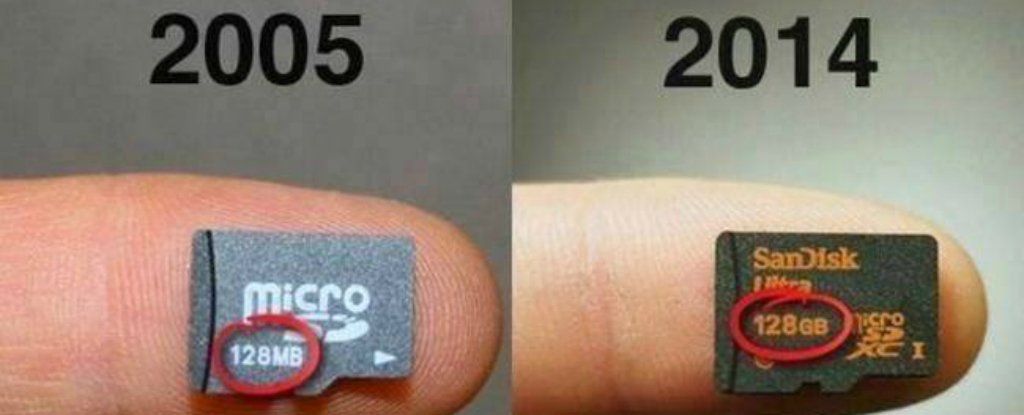When it comes to fundamental physics, things can get spooky. At least that’s what Albert Einstein said when describing the phenomenon of quantum entanglement—the linkage of particles in such a way that measurements performed on one particle seem to affect the other, even when separated by great distances. “Spooky action at a distance” is how Einstein described what he couldn’t explain.
While quantum mechanics includes many mysterious phenomena like entanglement, it remains the best fundamental physical theory describing how matter and light behave at the smallest scales. Quantum theory has survived numerous experimental tests in the past century while enabling many advanced technologies: modern computers, digital cameras and the displays of TVs, laptops and smartphones. Quantum entanglement itself is also the key to several next-generation technologies in computing, encryption and telecommunications. Yet, there is no clear consensus on how to interpret what quantum theory says about the true nature of reality at the subatomic level, or to definitively explain how entanglement actually works.
According to Andrew Friedman, a research scientist at the University of California San Diego Center for Astrophysics and Space Sciences (CASS), “the race is on” around the globe to identify and experimentally close potential loopholes that could still allow alternative theories, distinct from quantum theory, to explain perplexing phenomena like quantum entanglement. Such loopholes could potentially allow future quantum encryption schemes to be hacked. So, Friedman and his fellow researchers conducted a “Cosmic Bell” test with polarization-entangled photons designed to further close the “freedom-of-choice” or “free will” loophole in tests of Bell’s inequality, a famous theoretical result derived by physicist John S. Bell in the 1960s. Published in the Aug. 20 issue of Physical Review Letters, their findings are consistent with quantum theory and push back to at least 7.








